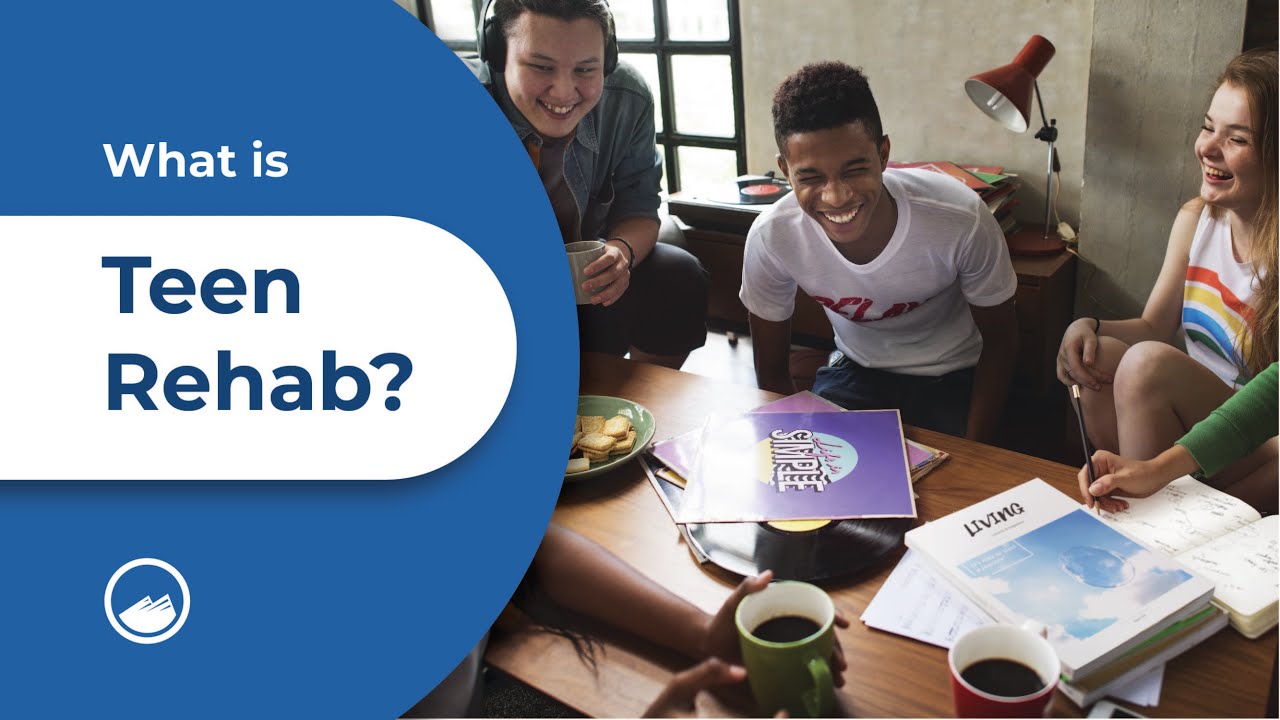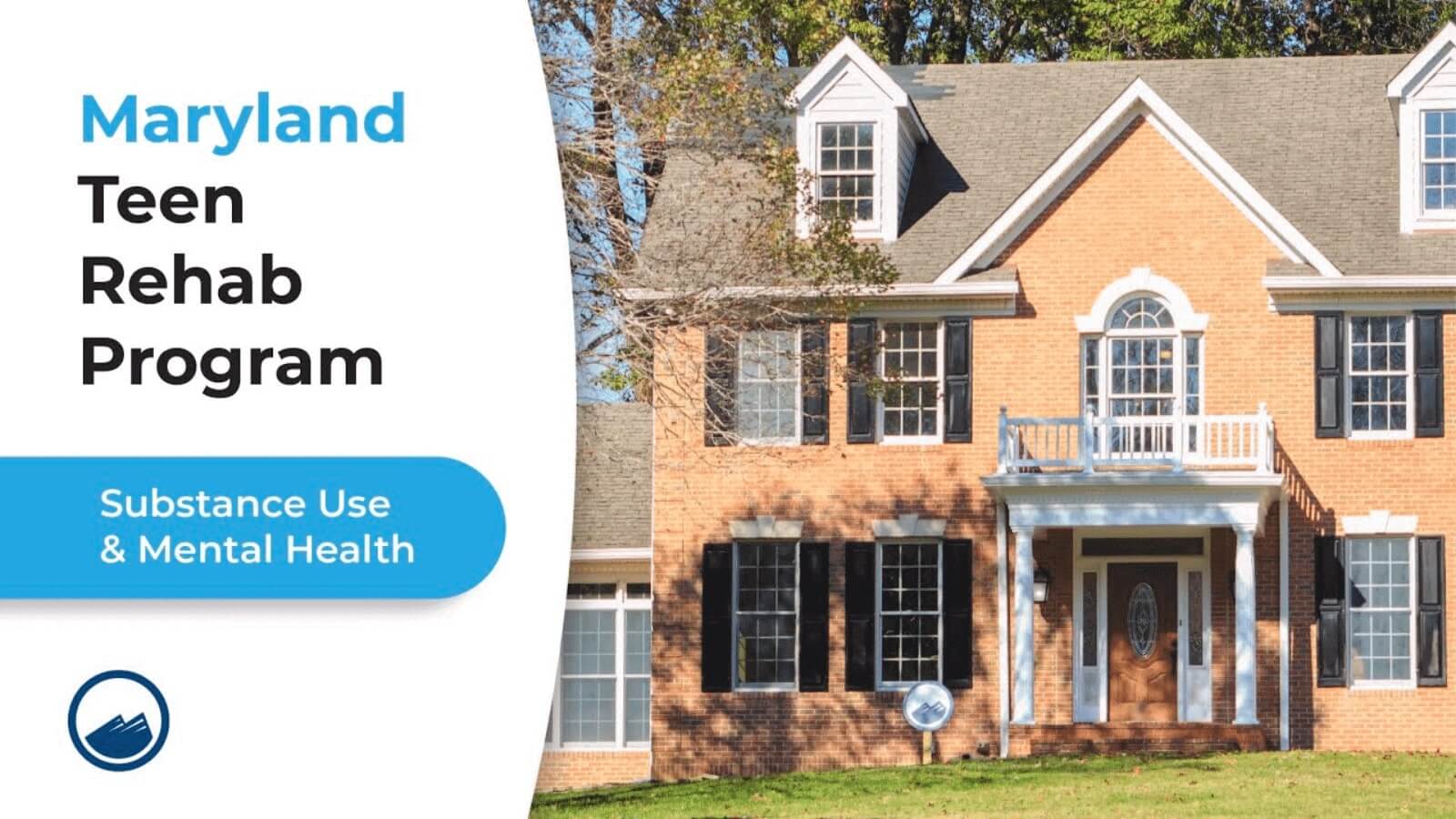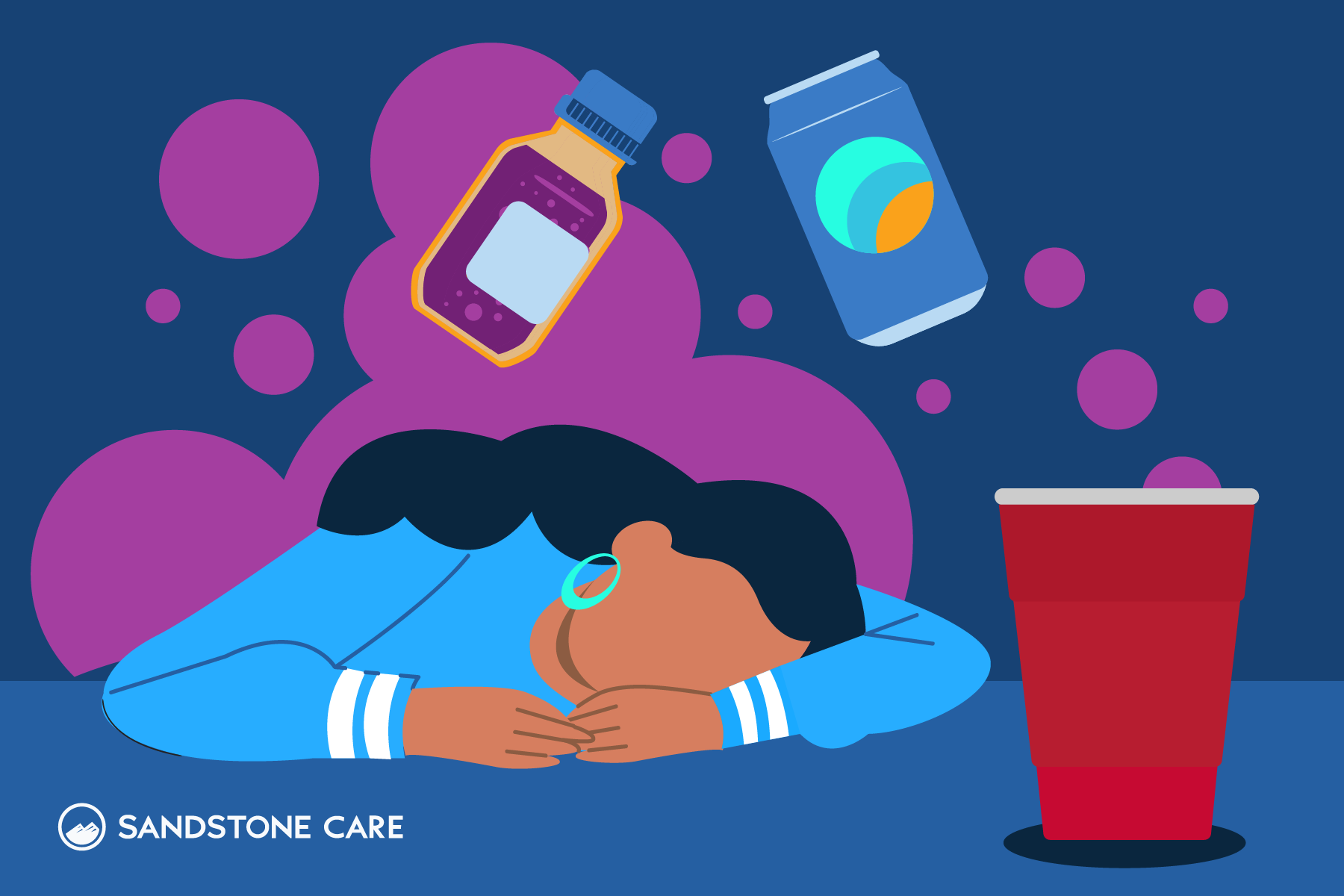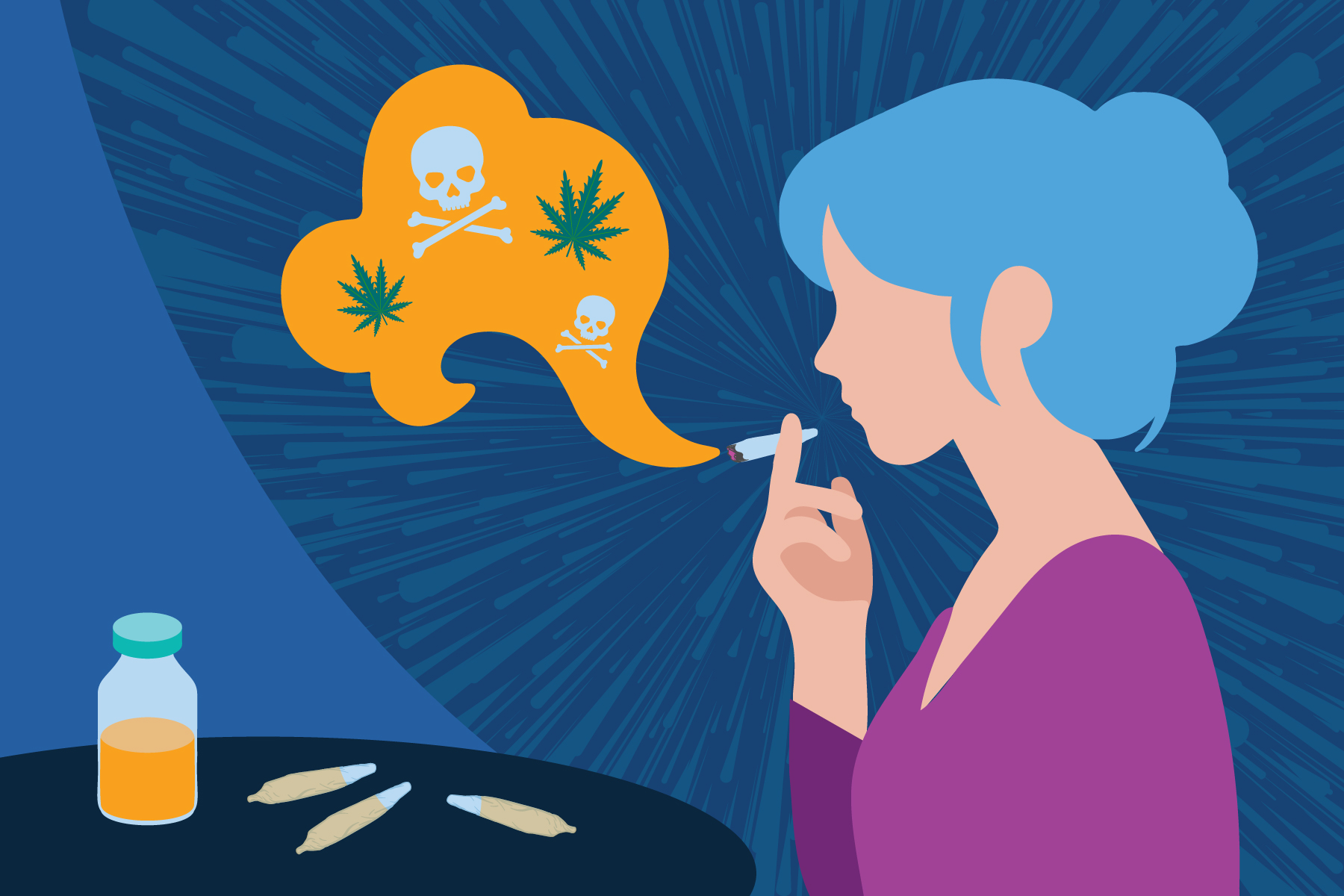What Is An RTC Program?
An RTC program is a residential treatment center, which is a long-term inpatient treatment program for substance abuse, mental health issues, or co-occurring disorders.
RTC programs also called “alcohol and drug rehab” or just “residential treatment,” can help teens and young adults manage addiction and underlying mental health disorders.
Residential treatment facilities are staffed with mental health professionals and offer a high level of care compared to outpatient treatment. Residential treatment can help young adults and troubled teens when other services have not been effective.
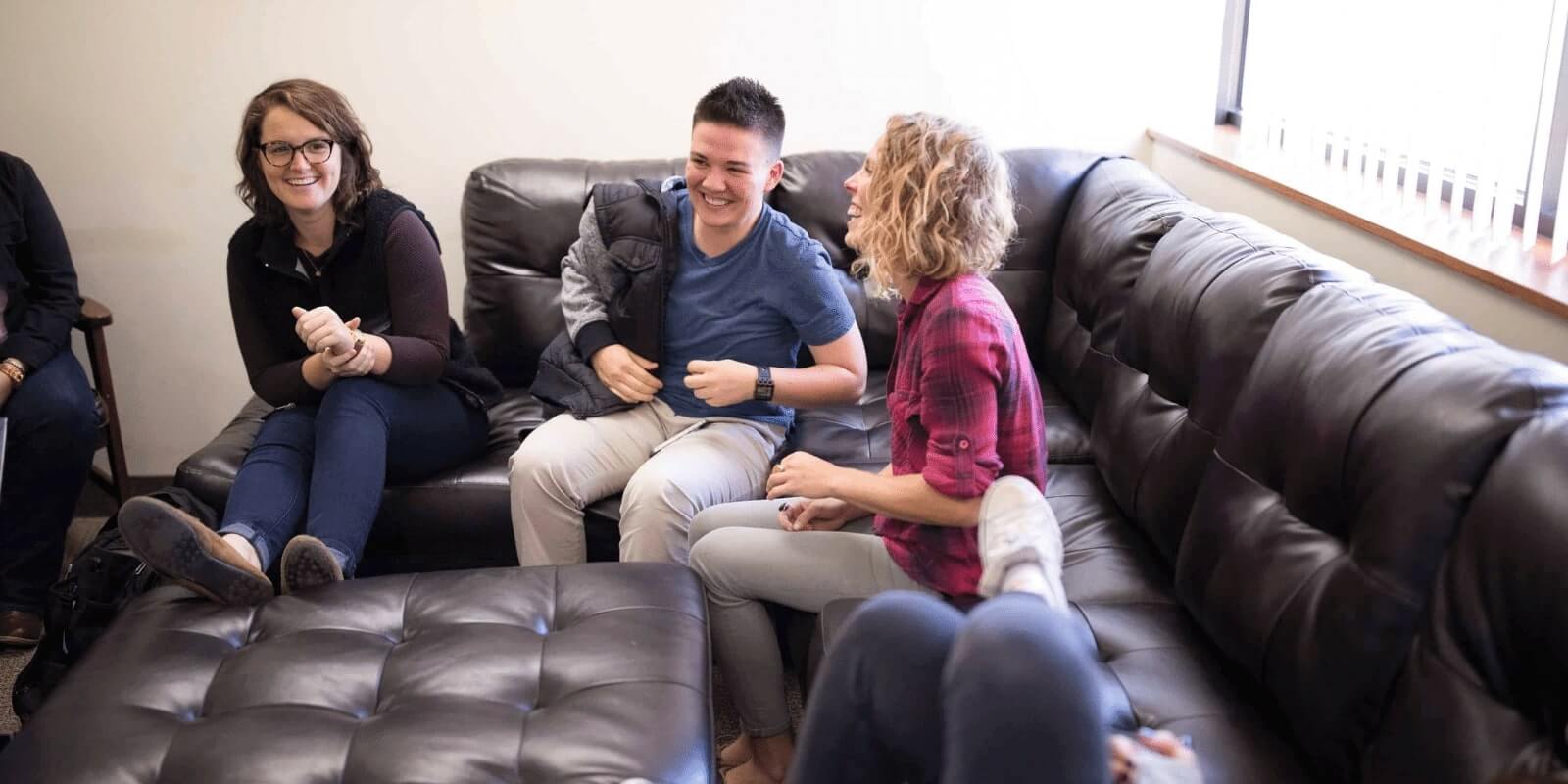
If you have tried all other options for substance abuse and dual diagnosis treatment, residential treatment might be the next step for your child.
Length of stay at residential treatment varies on the facility. However, most treatment programs suggest a stay of at least 30 to 90 days. How long your loved one remains in the facility depends upon their progress in treatment.
Treatment centers provide a safe and structured environment for young adults and teens with mental health and substance use disorders. Often, treatment programs include mental and behavioral health therapy. Family members might also be involved in the treatment.
Some facilities offer family therapy for family members to learn to support their loved one in treatment.
Aftercare is also part of many treatment programs. Many facilities offer support after active treatment. Alumni support groups and intensive outpatient services can help your child maintain their recovery and prevent relapse.
Why Does Residential Treatment Work?
Residential treatment works because of the supportive environment and length of stay.
Learning how to live a healthy life outside of treatment takes time. Your child might have had inpatient hospital stays of one to two weeks following a crisis. To learn the life skills needed for success, young people need a longer time to develop healthy habits.
Residential treatment also offers professional support during the day and night. Your loved one can access help anytime they need it during early recovery at a treatment center.
The high level of care and length of stay at a residential treatment center are beneficial to your loved one getting the support they need for substance abuse and mental health disorders.
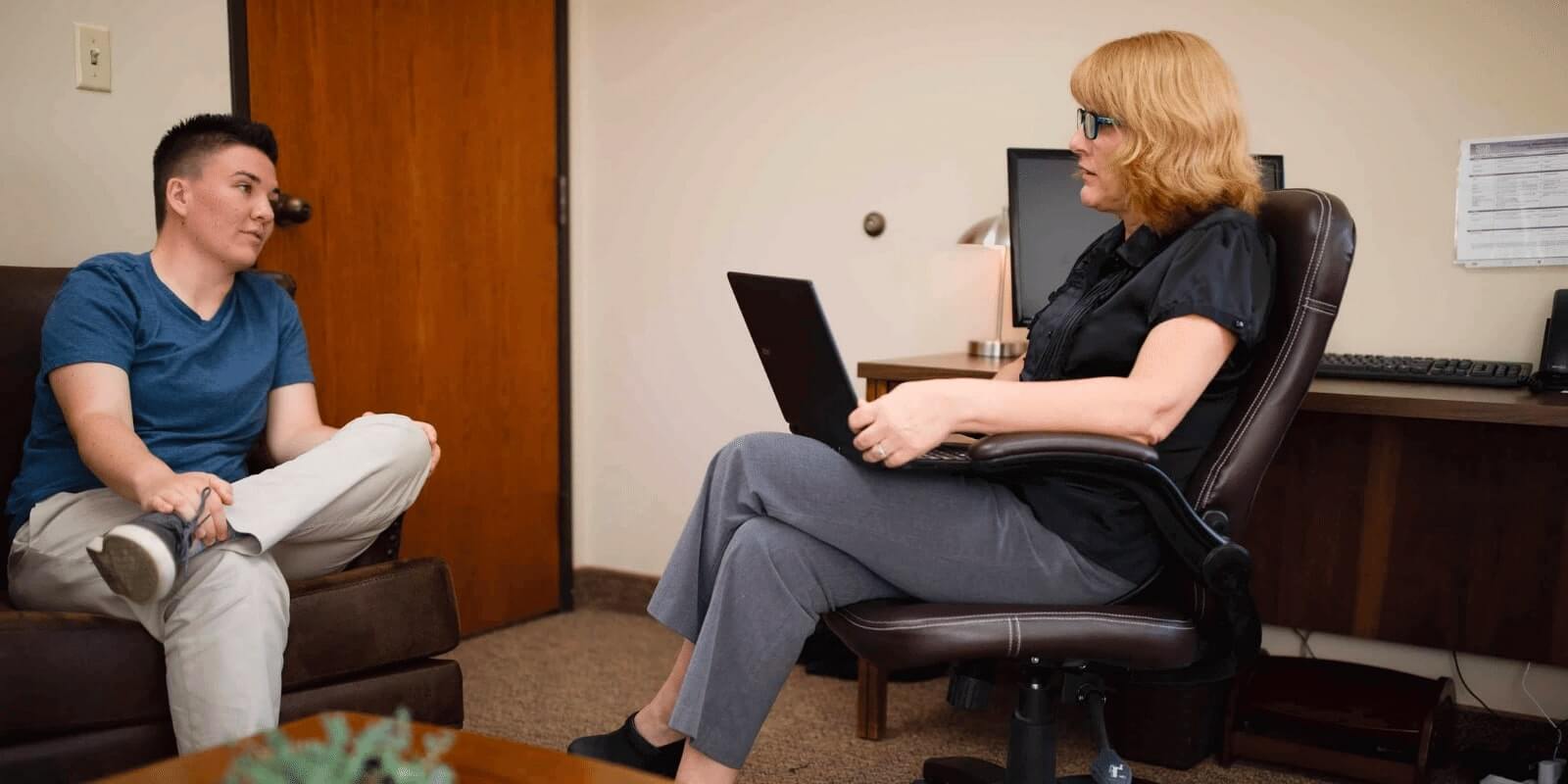
Treatment centers also focus on learning healthy life skills to prevent relapse and other underlying issues.
For example, many facilities teach healthy living skills, like diet and exercise. Caring for physical health can get kids into healthy habits for their overall health and well-being.
Facilities might also help troubled teens and young adults with academic and vocational skills. They can also help kids learn to develop healthy relationships by practicing social skills in group therapy.
Treatment facilities follow a structure and routine, which young people might not have in their home environment.
A structure can help teens and young adults maintain the healthy habits needed to maintain their recovery outside of the facility. As young people develop healthy habits inside the facility, aftercare helps them transition back home after treatment.
What Accreditation Do Residential Treatment Centers Need To Have To Accept Teens?
Not all states require licensure or accreditation for residential teen treatment centers.
It would be best if you looked into a treatment center’s accreditation and licensing requirements. Some programs can operate without a license from the state. Some states require accreditation as part of the licensing process.

Many programs seek accreditation from non-profit organizations, like the Joint Commission Accreditation Gold Seal of Approval. The Joint Commission sets standards of care for programs to obtain their approval.
Accreditation requirements for treatment centers can include the following:
- Evidence-based practices provided by the treatment program
- Therapeutic approaches are evidence-based if they are proven to have positive outcomes.
- Some evidence-based practices for teen and young adult rehab programs include:
- Cognitive-behavioral therapy (CBT)
- Dialectical behavioral therapy (DBT)
- Family therapy
- Motivational interviewing (MI)
- The treatment options in the facility are related to your child’s issues and needs
- Programs are not providing unnecessary or unhelpful treatment
- The program delivers the services that they advertise
- The treatment program is carried out properly for the best outcomes
- Programs are staffed with mental health professionals qualified to provide specific treatments
- For accreditation, facilities need to show that they are adequately trained and equipped to offer their services
- Little to no chance of unintentional harm from the treatment facility
- When a program earns accreditation, they meet strict requirements for safety
- Accredited programs pose little risk of unintentional harm to your child
When looking for treatment for your loved one, accreditation and licensing helps to make the best decisions. When you see that a treatment facility meets state requirements or accreditation standards, you can feel more confident in the facility’s treatment for your teen.
Always ask questions about treatment standards, accreditation, and licensing when researching treatment options. You want to find a program with evidence-based practices, positive outcomes, qualified staff, and strict safety guidelines.

How Do Teen Rehabs Continue Schooling?
Teen rehab centers continue schooling with academic support to keep kids on track with their schooling.
Parents and teens might worry about falling behind in class while staying at a residential treatment center. Your child will be away for a significant part of the school year. However, most facilities offer support for teens and young adults.
Academic support is a critical component of teen treatment programs. Some programs have teachers come in to teach similar subjects that your child would learn during regular schooling.
Other programs adapt their academic curriculum to teach life skills related to mental health and substance use disorders. For example, they might conduct a health class focused on healthy nutrition during treatment, coping with anxiety, and other related issues.
If your child attends rehab during the school year, you might be able to coordinate with the school to keep your kid from falling behind in class. Talk to the treatment center about their academic program and see if your child’s teachers can provide alternative assignments.
Additionally, some facilities are known as “therapeutic boarding schools,” which can help a teenager through high school with a therapeutic component for mental health, behavioral issues, and substance abuse.

Remember to weigh the pros and cons of treatment. Your child might be failing due to their substance abuse and behavioral health issues. Treatment might need to take priority, and programs will help to keep your kid from falling too far behind.
Your child can also continue their schooling after residential treatment during an intensive outpatient program (IOP).
If your child enters an IOP as a step down from residential care, they can attend class while still getting treatment after school. IOPs might be an excellent option for aftercare treatment following an inpatient stay.
IOPs are flexible to meet your child’s needs, allowing them to continue treatment while attending high school. It’s important to weigh the pros and cons of outpatient and inpatient treatment programs before committing to one or the other.
How Do You Know If Your Child Needs Addiction Treatment?
You can look for the following signs to know if your child needs addiction treatment:
- Substance abuse with a co-occurring mental health disorder
- Need for medically assisted detox from substance use
- Your child has tried to quit alcohol or drug use without success
- Issues with the law or getting into trouble at school
- You have tried all other treatment options with no success
- Unstable or unsafe environment for your child to manage triggers in early treatment
When alcohol and drug addiction take over a child’s life, and nothing else seems to work, residential treatment might be the next step. Talk to your health care practitioner about your child’s issues and ask for recommendations or referrals.

You also might need additional support that you cannot provide for your child to heal. If you are overwhelmed due to work, single parenthood, caring for other family members, or other issues, your child might need the highly supervised environment of a treatment center.
When you have tried all other forms of substance use and mental health treatment, addiction treatment at a residential facility can give your child the wrap-around care that they need.
Does My Teen Need Inpatient Or Outpatient Treatment For Substance Abuse And Addiction?
Knowing whether your teen needs inpatient or outpatient treatment for substance abuse and addiction depends on the following:
- Are they stable enough to be alone, or do they need intense levels of supervision?
- Is their community or home environment safe and healthy for recovery?
- Does your child need to detox from drugs or alcohol?
- Are they experiencing a mental health crisis, like suicidal ideation, risk of harming themselves or others, or severe mental illness?
If your child needs high levels of support that you cannot provide, then inpatient treatment might be the best option for your child.
How To Get A Defiant Or Troubled Teen Into Rehab
You might struggle to get a defiant or troubled teen into rehab, but once your child becomes a legal adult, getting them into rehab will be even more difficult.
Parents have a significant say in their child’s health care, including rehab and mental health services when their children are minors. Getting your child into rehab during the teen years can help prevent more significant issues as young adults.
You want to begin by focusing on not being forceful or “getting” them into treatment. While you still have the legal responsibility to make health care decisions for your child, try to share your concerns rather than using force.
Keep some of the following tips in mind to get a defiant teen into rehab:
- Share your concerns about their behavior
- Bring outside help for support, like an intervention specialist, mental health professional, or a role model, like a coach or teacher your child admires
- Listen to their concerns about treatment and why they do not want to go
- Some treatment facilities can help by having staff explain the program and answer any questions your child might have
- Have options available to empower your child to make a choice
- Research treatment options ahead of time, including different residential programs and other types of facilities
- Maybe your child is willing to go to intensive outpatient or a partial hospitalization program, but not inpatient rehab
- If your child agrees to treatment that is less intensive than you had hoped, set clear expectations for follow-through
- Prepare to have consequences if they do refuse treatment, like:
- No longer having access to a car
- Restricting their time out of the house or time alone at home out of safety concerns
- Monitoring or restricting cell phones, especially if these devices are used to get drugs or alcohol from others
- Always think of having consequences that are directly related to the behavior!
- Be willing to take parenting workshops and attend family therapy, which emphasizes that treatment involves you too and is not just about them
- Remind them that if they continue on this path, rehab might not be a choice if they get into legal trouble or a mental health crisis requiring hospitalization
When all else fails, you might need to take control of this decision as their legal guardian.
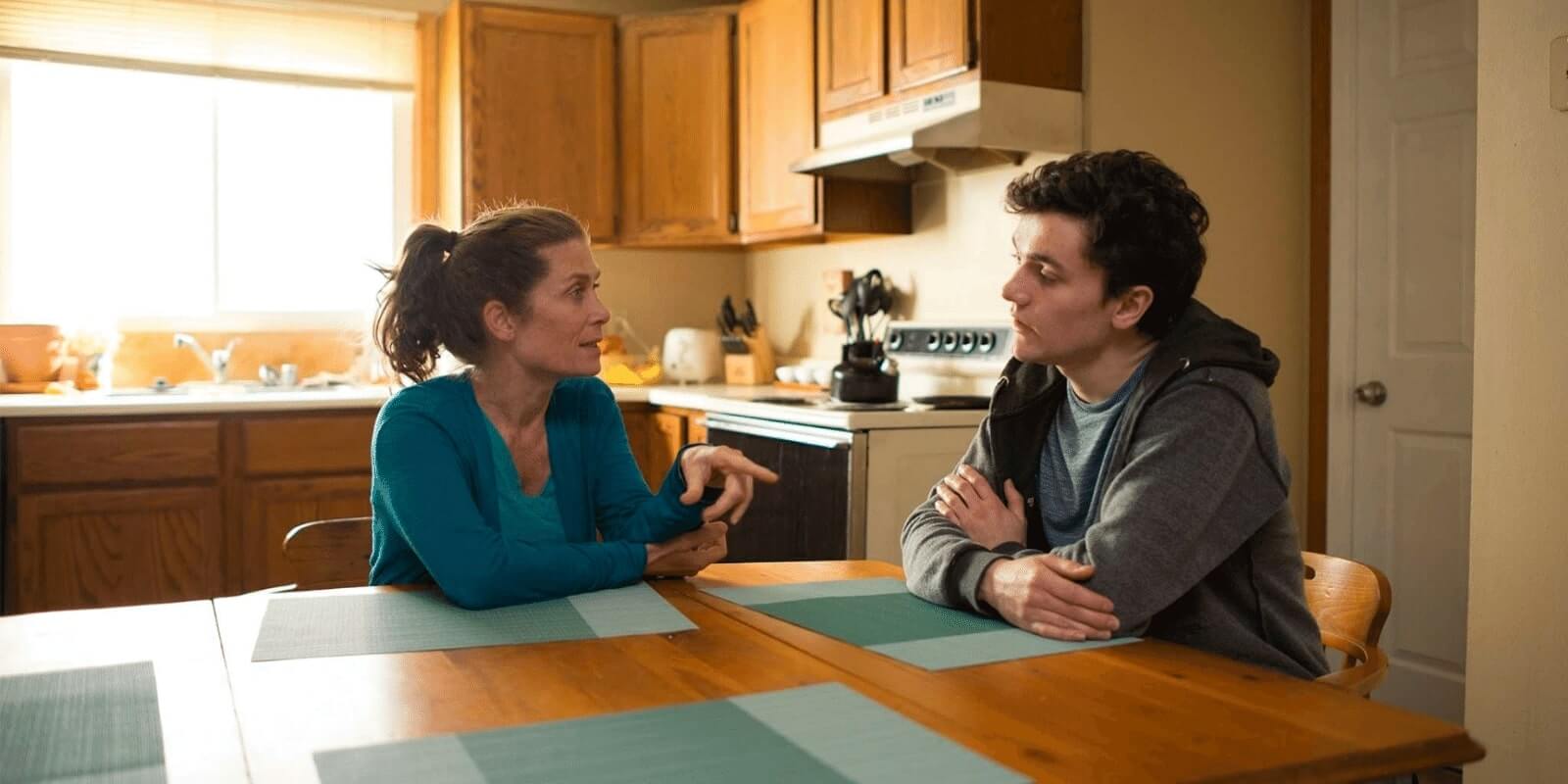
You might worry that treatment will not be effective if your child is forced, but your child’s health and safety are still your responsibility. Sometimes, you might need to take over when your child is in imminent danger or poses a potential risk of harming others.
According to the National Institute on Drug Abuse (NIDA), “Most studies suggest that outcomes for those who are legally pressured to enter treatment are as good as or better than outcomes for those who entered treatment without legal pressure.”
In other words, the effectiveness of addiction treatment does not change when a person is pressured or coerced to enter rehab.
Be sure that treatment facilities have an opening or a short waiting list when your child agrees to treatment. If they agree to enter rehab but the facility has nothing available for a few months, they might change their mind about treatment.
Can A Teen Refuse To Go To Drug Rehab?
For most states, a teen over the age of 17 can refuse to go to drug rehab.
Each state has different laws regarding consent of treatment. Parents of teens under the age of 17 can often request treatment for their child, with or without their child’s consent.
For legal issues or a mental health crisis, drug rehab might not be a choice for your teen to refuse.
If your child gets into trouble or arrested, they might be mandated to attend drug rehab. Kids experiencing a mental health crisis might also be mandated to go through drug rehab.
When your child reaches adulthood, they will have a greater ability to refuse treatment unless mandated. While your teen might not want to go, parents might need to request treatment for their kids as legal guardians for their own health and safety.
How Successful Is Teen Addiction Treatment?
According to youth.gov, rating the success of teen addiction treatment can be challenging, as the “[t]he field of research-based youth treatment services is relatively young.”
However, “[e]vidence suggests that successful early intervention and treatment carries significant benefits [and] standard treatments have been shown to produce significant decreases in substance abuse and in substance-related problems.”
Substance abuse treatment can help your child overcome their addiction and manage any co-occurring mental health disorder while they are still under your care.

Getting your child into treatment when the problem starts provides the best chance for recovery.
While recovery is possible at any age, when you get your child into treatment, they will learn coping skills to manage their addiction. The longer that your loved one abuses substances or alcohol, the more challenging their treatment will be.
How To Select The Right Teen Rehab Center?
Selecting the right teen rehab center depends on several different factors:
- Does your child need co-occurring substance use and mental health treatment?
- What type of aftercare programs are provided?
- Does your child need support for the following?:
- Eating disorders
- Anxiety and depression
- Gender identity
- Relationship issues
- Attention-deficit/hyperactivity disorder (ADHD)
- Other addictions, like video games, social media, or excessive phone use
- Does your health care provider have recommendations for a treatment center?
- Does your insurance plan pay some or all of the costs of a residential treatment program?
- Do they have family therapy or support groups for loved ones while your child is in active treatment?
- What type of activities or alternative therapies do they offer? For example:
- Experiential therapy
- Art and music therapy
- Mindfulness and yoga
- Exercise and nutrition
- Academic support
- Is the facility licensed or accredited?
- If your child is taking medications, does the facility administer or monitor medications?
Residential treatment centers for young adults and teens can help kids get the early interventions needed to manage addiction before things get out of hand. Sandstone Care is here for young people needing substance abuse treatment. Call (888) 850-1890.


